 Giving thanks today both for the Trans & Gender Diverse (TGD) Affirming resolution yesterday at the triennial gathering of the Assembly of the Uniting Church in Australia, and, perhaps as or more important, for the overall spirit of discussion. This represents the first specific positive national affirmation of TGD folks in a mainstream Church in Australia and marks a step in the ever more necessary conversations and relationships between TGD & other queer people and communities of faith, not least those of diverse cultural backgrounds. See official Uniting Church Assembly report here...
0 Comments
It was a great delight to talk with Will Small, from the creative Spiritual Misfits community, about trans-forming and expansive approaches to faith and spirituality, the ethos and work of Pitt St UC, and how we with others might work better together intersectionally for greater love, justice, and healing for all
- and looking forward to more conversations and networking going forward Do check out some of the other Spiritual Misfits podcasts too! A Blessed Easter and Very Happy Transgender Day of Visibility to everyone!
- with a little scribble of my own, re-rendering the colours of the trans flag (with black - the womb of colour - at the centre), the (an alternate - and my own preferred - trans colour) of violet for the mystery (amid suffering), in which we are all caught up, and the gold of (resurrection) life beyond and underneath. #TransDayOfVisibility #Easter #resurrection #transformation Thanks to ABBI (in this Trans Awareness Week) for featuring the 25 minute documentary Faithfully Me - now available (after being on ABC licence) here online and for educational use etc. Among other things, it is wonderful to be reminded of the fabulous support I had in coming out from so many Anglicans in southern Queensland - not least my amazing colleagues at St Francis College and in Milton parish, the terrific Dean and community of St John’s Cathedral Brisbane, and our border collie! A brief synopsis: ‘Coming out as transgender in a Christian environment from two different sides of the pulpit has its challenges. Faithfully Me is a 25 minute documentary that follows the Revd Dr Josephine Inkpin, Australia’s first openly transgender ordained priest, and Rhett Pearson, a transgender man, as they embark on their own individual quests to reconcile their true identities and their faith. Meeting the significant people in their lives gives further richness to their stories.’ 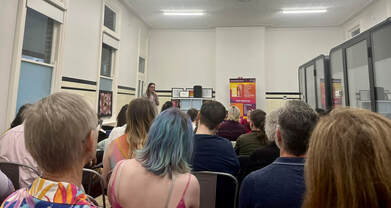 Thanks to everyone involved this evening in the Sydney launch of Transgender Australia: A History Since 1910 - not least Eloise Brook from the Gender Centre, Chantell Martin, former co-CEO of SWOP, and the one and only Norrie :-) It was a lovely evening, including being a delight to see Noah Riseman again. The first book to showcase over a century of Australia’s trans history, Noah's book draws on over 100 oral history interviews and extensive archival research, and explores the changing social, legal, medical and living histories of trans people across all walks of Australian life. As both a transgender woman and an experienced Anglican priest, it is highly disappointing to hear of the recent resolution of the Anglican Synod of Tasmania about what it calls ‘Biological Sex’. This betrays all the faults of what was a very late ‘motion without notice’: being ill-considered, under-informed and divisive, especially in its lack of attention to Anglican and other transgender people’s own well-substantiated experiences of faith and identity. For both Tasmania and the Anglican Communion are blessed with many wonderful transgender people who continue to enrich our communities and bring new life to others. What a difference it then makes when we are listened to and engaged constructively. For my own experience is that, in affirming rather than denying our authentic God-given (not human labelled) gender, transgender people are indeed so much more fully incarnate, at peace and flourishing in our skins, biology and divine purpose. Denying this not only helps maintain unnecessary suffering but restricts the love and joy we have to share within the Church and wider world. After all, St Paul (in 1 Corinthians 12) encouraged the Church, as the Body of Christ, to value its members that are weaker and shamed. This kind of action however feels more like being freshly beaten up and an attempt to cut off transgender members, our families and friends. That is not the message of God’s love that Christians have to offer the world.
The resolution also seems to reflect a recently constructed approach to the Bible which narrows God’s colourful and dynamic kaleidoscope of creation to simplistic black and white binary categories. This does not do justice to how mainstream Anglican theology has typically sought to value the rich and varied textures of the scriptures and the best of evolving human reason. Nor does it sit well with increasingly trans affirming developments in many Anglican dioceses, and other Christian congregations, schools, and agencies across Australia. I hope therefore that Anglican leaders in Tasmania will think again and not encourage their parishes, schools, and other agencies to take such an unhelpful path. The same Synod passed other resolutions making a continuing welcome commitment to addressing environmental challenges and supporting people with disabilities. These are just two of many ways in which Tasmanian Anglicans contribute positively to their communities. What a shame transgender people are not yet regarded as worthy of similar full respect and engagement. For neither trans people nor people of faith benefit from perpetuating today’s unnecessary culture wars, especially those of us who are both. Human beings have genuine differences but, as St Paul also put it, we are called to be one in Christ, in whom ‘there is no longer male and female’. We can be, and do, so much more together. The Revd Dr Josephine Inkpin was ordained in the Church of England in 1986 and has served in many capacities in Anglican dioceses in England and, since 2001, in Australia, as well as an officer of the National Council of Churches in Australia for several years. She is an associate lecturer in the University of Divinity, a member of the global network of Trans and Non-Binary Clergy of the Anglican Communion, and the current Minister of Pitt Street Uniting Church in Sydney.  Firstly I acknowledge the Wurundjeri people as the traditional owners of this place, their elders past and present, and all First Nations peoples here today. I also particularly give thanks for this gathering to Garry Deverell, who, like my fellow speakers, so ‘gets’ where trans people are coming from and the urgent need for stronger intersectionality for love and justice. The great Black feminist lesbian writer and activist Audre Lorde, put it well: ‘there is no such thing as a single-issue struggle, because we do not live single-issue lives.’[1] Therefore, ‘we share a common interest… you do not have to be me in order for us to fight alongside one another. I do not have to be you to recognise that our wars are the same. What we must do is commit ourselves to some future that can include each other and to work toward that future with the particular strengths of our individual identities.’ How do you regard dragonflies? In one of his great poems (As Kingfishers Catch Fire), the poet Gerard Manley Hopkins not only encourages us to be like them, but, in so doing, to be like Christ. Not everyone has always agreed however. In early colonial Australia for example, white fellas tried to kill dragonflies, just as they/we tried to kill so many other life-giving things that they/we did not understand. Those early colonialists saw dragonflies flying around and landing on their valuable horses, and they saw the horses moving and flicking their tails. So they thought the dragonflies were biting and making them crook. The colonialists were making things worse. The dragonflies were actually eating the mosquitoes and the gnats that were troubling the horses. They were life-givers, saviours even, not devils in disguise. In so many positive ways, dragonflies are thus evocative symbols for transgender people today. For, on this Transgender Day of Remembrance, we do well to attend to how bearers of light have been treated as embodiments of darkness. We do well, as our Gospel today (Luke 23.32-43) reminds us, to remember how Jesus was not crucified alone, and how others are also crucified today. And above all, we do well to affirm that it is only in recognising the light, in strange places, that we find salvation and hope for us all…
Recently I was part of SBS Insight's program on what is happening to faith in Australia (link here). It was moving, and sometimes challenging, to hear of the pain and disillusionment so many now feel - and with which I also identify. When will faith bodies wake up as a whole and share the human dignity others offer? It was lovely to share some good news, and sit next to a beautiful friend from Muslim Collective who puts it so well..
One of the major challenges for both Faith bodies, like Churches, and for the wider society is taking marginalised people seriously in their/our own right. 'Inclusion' is for example a frequently used term among those who express some interest and support of transgender people. Yet perhaps, as Marcella Althaus-Reid outlined, it is recognising the voices and bodies and socio-economic realities of 'indecency' in people's lives that is the real faith gift and challenge. Too much 'inclusion' keeps the frameworks in place, coopting a few individuals or making a few, sometimes quite superficial, changes. As with meeting the challenges of race, 'cheap grace' is all too easy. Theologically however, was Jesus however about 'inclusion', or constantly speaking, acting, and embodying 'indecency'?
|
AuthorThe Revd Dr Jo Inkpin: Archives
March 2024
Categories
All
|

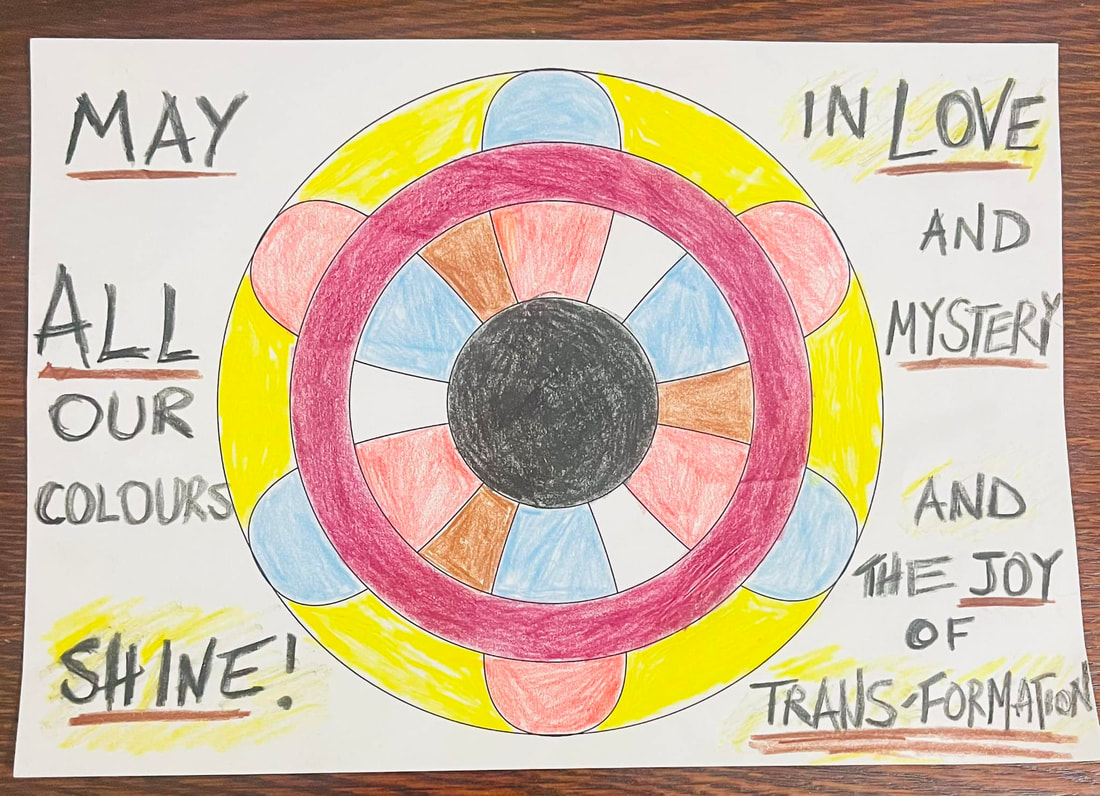
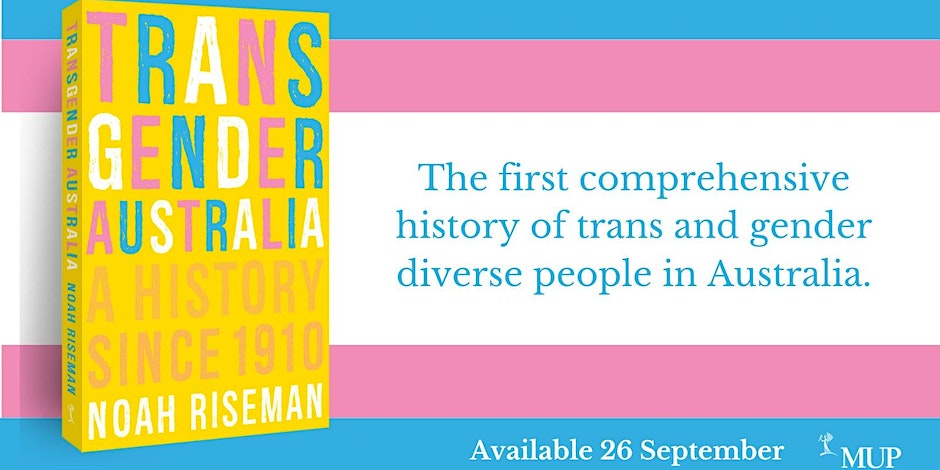
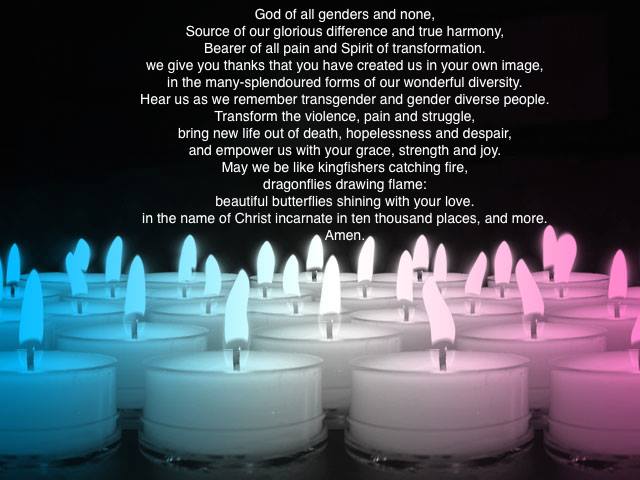
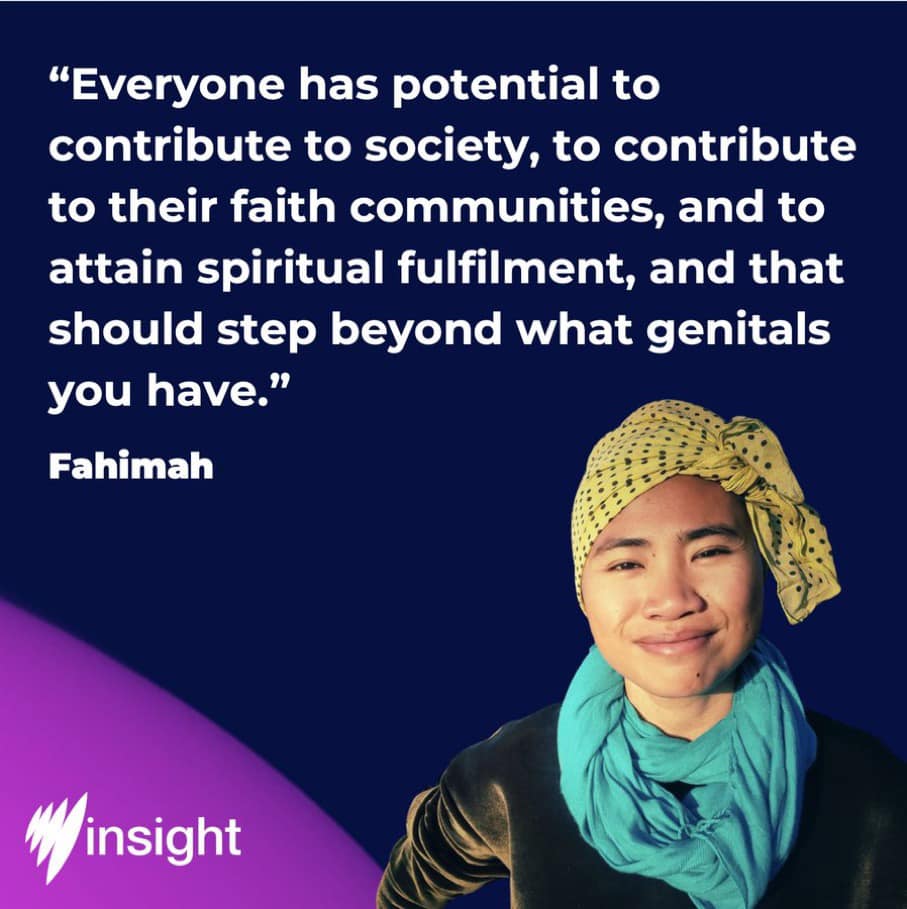
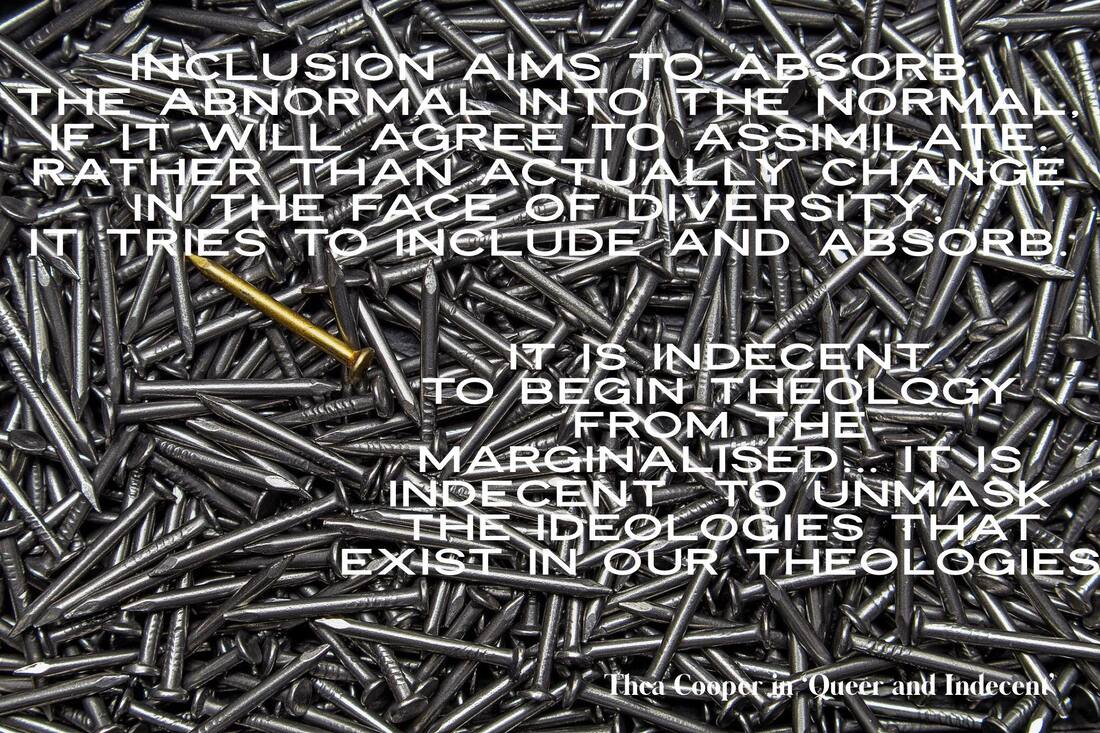
 RSS Feed
RSS Feed